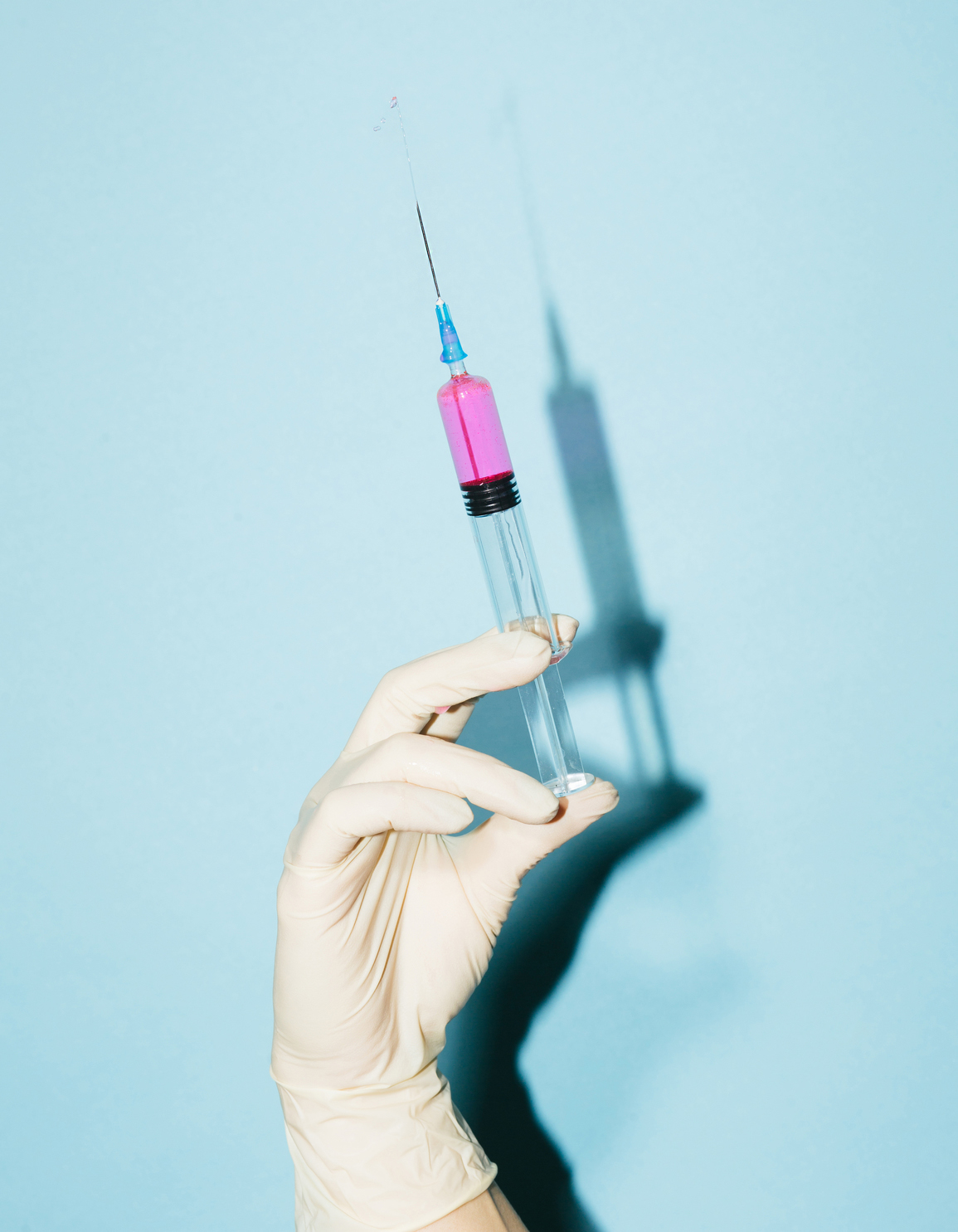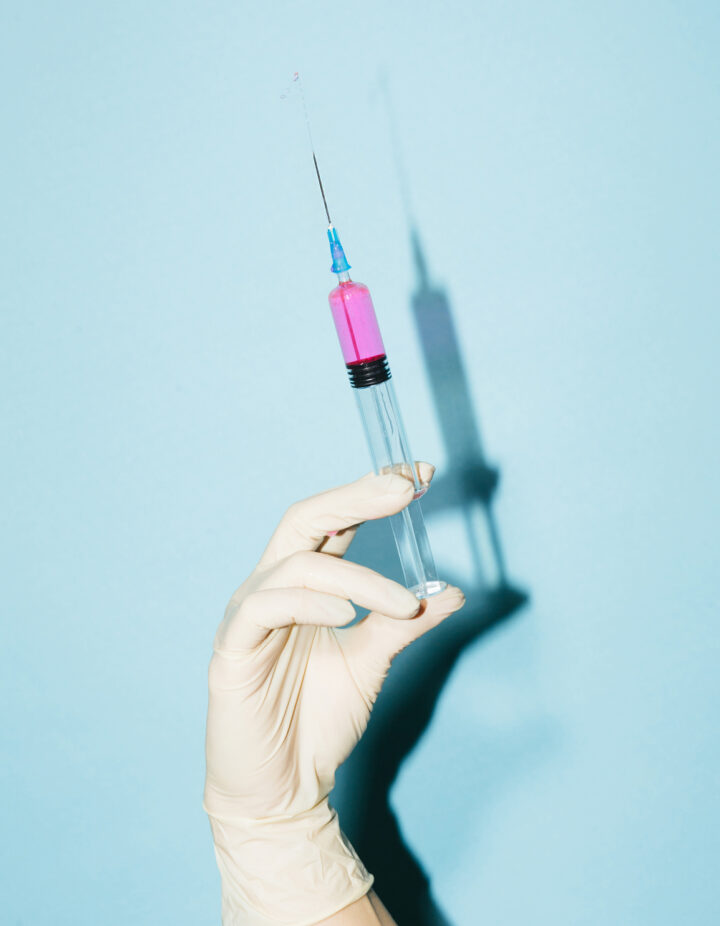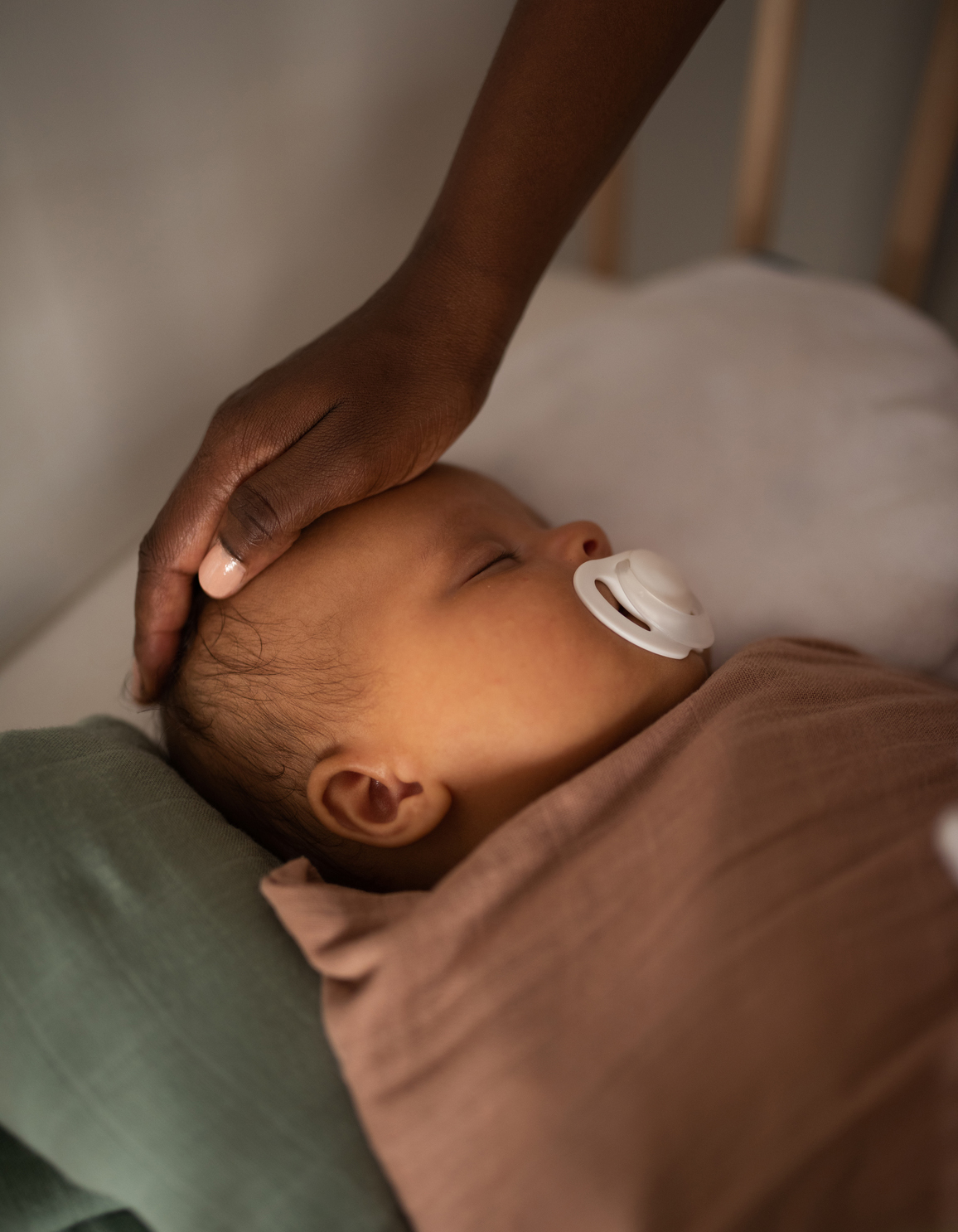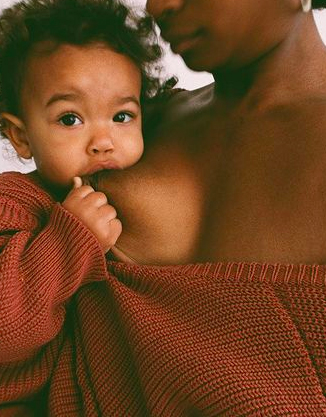The birth of your first child is a magical and overwhelming experience. Not to mention everything that follows. If you give birth in a hospital or medical setting, your doctor and the nurse team will want to have the baby screened and vaccinated shortly after birth. But before your overprotective mama bear reflexes kick in (that’s a real thing, btw), get ahead of the game by knowing what to expect. Sollis Health’s Dr. Sharis Simonian, a board-certified ER physician and Pediatric Emergency Care Coordinator, gives us a rundown of which vaccines and screenings you can expect in the hospital for your newborn.
Vaccines
Hepatitis B
The CDC recommends all newborns receive the Hepatitis B vaccination prior to being discharged from the hospital. Full Hepatitis B immunity is achieved over time with additional booster injections, however, starting the vaccination series at birth helps your baby create immunity sooner, and helps protect your child from a preventable chronic disease.
Sometimes the hepatitis B vaccination is delayed if a baby is premature, has a low birth weight, or is medically challenged. Still, parents always have the option to refuse a vaccination if they want to. But the risks associated with a hepatitis B infection far outweigh the risks of the vaccine.
Hepatitis B Immunoglobulin (HBIG)
HBIG vaccine is only recommended for newborn born to mothers who are carriers for Hepatitis B. For these babies, HBIG and the HepB vaccine will be administered within 12 hours of birth.
Screenings etc.
Vitamin K Injections
Vitamin K is important to blood clotting. Newborn babies normally have low levels of this vitamin until a few days after birth. The injection prevents vitamin K deficiency bleeding (hemorrhagic disease of the newborn). Most babies get an injection of vitamin K in the upper thigh. This may be briefly painful to the baby, but it doesn’t seem to cause babies any pain afterward. Without the vitamin K injection, babies are about 80 times more likely to have vitamin K deficiency bleeding. This bleeding can lead to death or serious long-term disability.
Eye Drops
Antibiotic eye drops or ointment are placed in a newborn’s eyes after birth. This is to protect babies from getting bacterial eye infections that can occur during birth. Untreated, these infections can cause serious problems including blindness. The antibiotic erythromycin is used most often.
Newborn Hearing Test
This is a safe and painless test that assesses for hearing loss. Your baby will listen to a series of soft sounds through head or earphones, and while special computers will check how your baby responds to sound.This test does not take long and can even be done while your baby sleeps peacefully.
Pulse Oximetry
Early detection in infant heart disorders can significantly affect prognosis and outcomes. This test is a gentle way to assess for certain congenital heart disorders shortly after birth. A sensor is gently wrapped around the finger or foot for several seconds. This is a safe and painless method to check your newborns blood oxygen levels.
Newborn Screening Test
This is a blood screening test that screens for a number of rare but serious conditions. This test is performed through a tiny heel prick which yields a few drops of blood sent to a newborn screening lab for analysis. This screening test checks newborns for many metabolic, hemoglobin, endocrine and immune disorders including phenylketonuria (PKU), cystic fibrosis and hypothyroidism.
Bilirubin Test
The Bilirubin test uses blood from the same heel prick performed for the Newborn Screening Test and helps detect babies who are at risk of developing dangerously high bilirubin levels. If bilirubin levels get too high, babies will develop jaundice-an orange/yellow skin coloration. Jaundice is quite common and treatable, however, early detection is key.
As a board-certified ER physician and Pediatric Emergency Care Coordinator, Dr. Simonian has worked at some of the largest and busiest Emergency Departments in LA County, including Cedars-Sinai, Huntington Memorial Hospital, and Providence Holy Cross Medical Center. She is curreently a pediatric care coordinator at medical concierge Sollis Health in Los Angeles. Sollis Health is a 24/7 doctor, emergency room, and concierge service rolled into one.








